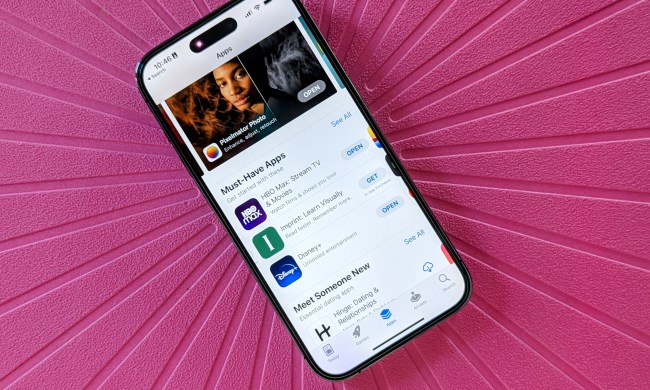
“We have removed apps from the App Store that use the Confederate flag in offensive or mean-spirited ways, which is in violation of our guidelines. We are not removing apps that display the Confederate flag for educational or historical uses.”
The games mentioned below will be restored, while other apps like Confederate flag wallpaper will remain absent. This is obviously good news, but Apple’s reactionary and indiscriminate use of the banhammer remains troubling, however quickly it responded to the collective chastisement of the Internet.
Original Story: In the wake of last week’s horrific shooting at a black church in Charleston, South Carolina, much of the public outrage has fixated on public displays of the Confederate battle flag, a historically loaded symbol that shooter Dylann Roof was shown to frequently embrace in pictures that emerged after the attack. Major retailers such as Walmart, Amazon, and Sears have publicly pulled any items displaying the notorious “stars and bars” from their stores as a sign of solidarity with people that see it as a symbol of violent white supremacy. Apple has now joined the charge by removing any and all apps that contain images of the flag from the App Store.
The App Store purge follows a recent tweet from Apple CEO Tim Cook, criticizing the flag and calling for its suppression:
My thoughts are with the victim's families in SC.Let us honor their lives by eradicating racism & removing the symbols & words that feed it.
— Tim Cook (@tim_cook) June 21, 2015
The developers of Civil War strategy games, however, are understandably irked that their products are being pulled regardless of the historically accurate context in which the flag is used. Touch Arcade reports that games like Ultimate General: Gettysburg and multiple Civil War games from developer Hunted Cow were pulled down for displaying “images of the confederate flag used in offensive and mean-spirited ways.”
Ultimate General developer Game Labs expressed its disappointment in a statement to Touch Arcade, pointing out its earnest commitment to sharing and exploring history, rather than a racist agenda, as its reason for including the flag in the game:
“We receive a lot of letters of gratitude from American teachers who use our game in history curriculum to let kids experience one of the most important battles in American history from the commander’s perspective. Spielberg’s Schindler’s List did not try to amend his movie to look more comfortable. The historical Gettysburg movie (1993) is still on iTunes. We believe that all historical art forms: books, movies, or games such as ours, help to learn and understand history, depicting events as they were. True stories are more important to us than money.”
That second point, implying a degree of hypocrisy in still selling other artistic media that contain the flag, gets at an underlying assumption in Apple’s decision: Games are not art.
This is not the first instance of Apple taking a less-than-nuanced approach to censoring games in the App Store. Hunted Cow’s Tank Battle 1942 was initially rejected from the App Store for referring to Russian and German soldiers in the game as “enemies.” More recently, Lucas Pope’s fantastic indie bureaucracy simulator Papers, Please was rejected for its distinctly nonsexual, highly pixelated nudity being too pornographic. Both of these games were eventually approved, but are indicative of Apple’s conservative and reactionary approach to games. By the same logic, World War II games should be pulled down as well for including equally-hateful Nazi symbolism. All manner of sex, violence, and historically uncomfortable subject matter are found in books and movies that can be purchased just as easily on iTunes, but games — long considered the domain of children — are held to a stricter set of standards.


